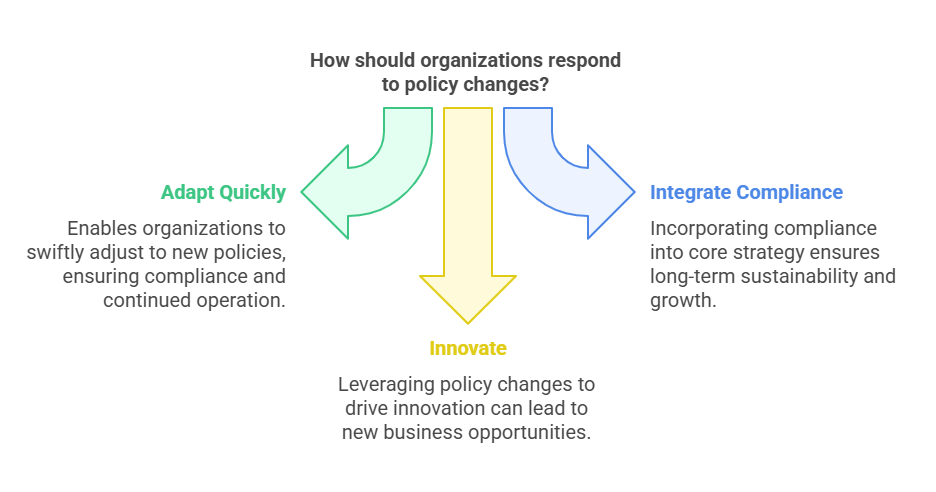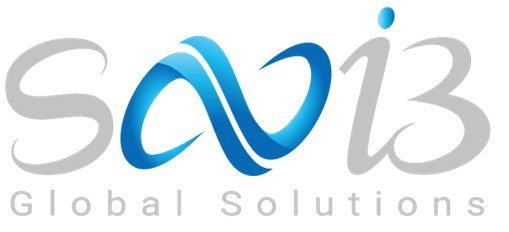
Change is inevitable in the business sector, the initial 100 days of any new administration usually see policy changes that have a deep impact on businesses. It may be new labor laws, tax reforms, or regulations on technology, businesses also need to stay ahead in order to be compliant and competitive.
Labor Law : Striking the Balance
Recent changes in labor law have brought in new wage regimes, work-hour policies and enhanced employee rights. The gig economy is also being targeted, with rules calling for improved job security and benefits for contract workers. Companies should refine HR policies, adopt transparent payroll modules and implement compliance software to remain ahead. It has been noticed that 65% of companies those who have adopted policies in align to changing labor laws has experienced hassle free workforce management and eliminate legal compliance.
Smart Financial planning : Taxation Updates
Corporate Tax rates change with changing policies, affecting gross profit and cash flow. For an instance, of late tax benefits for tech driven business have spurred digital transformation. Companies must make use of tax planning tools and seek professional taxation advice in order to avail every available credit and optimize taxation payments. Survey reports has proven that organizations with proactive taxation strategies save 20% or more in liability.
Technology & Digital Compliance: The Emergence of AI and Cybersecurity Requirements
As governments are tightening data privacy regulations, companies need to improve cybersecurity systems. AI rules are also influencing the manner in which firms utilize automation in HR, payroll and customer engagement. Firms that invest in compliance technology experience a 40% decrease in cybersecurity threats, maintaining data integrity while embracing innovation.
Global Trade & Business Operations: Reshaping Economic Changes
Trade policies, tariffs, and immigration rules directly impact supply chains and mobility of talents. A versatile strategy—diversifying networks of suppliers and using remote working solutions—is in a position to keep enterprises responsive. Examples drawn from manufacturing and IT industries demonstrate that companies adhering to novel trade policies avert interruptions and achieve competitive advantages.
Industry-Specific Impact: Learning from Success Stories
Manufacturing companies are using automation to offset increasing labor expenses. IT companies are benefiting from AI tools, whereas startups are adopting to investor-friendly tax regimes. Study of successful case studies, organizations can craft customized strategies for sustainable growth.
Conclusion
Policy changes pose challenges but also open up opportunities for growth and innovation. Organizations that remain aware, pivot rapidly and incorporate compliance into their fundamental strategy will not just survive but thrive in the new business environment.



